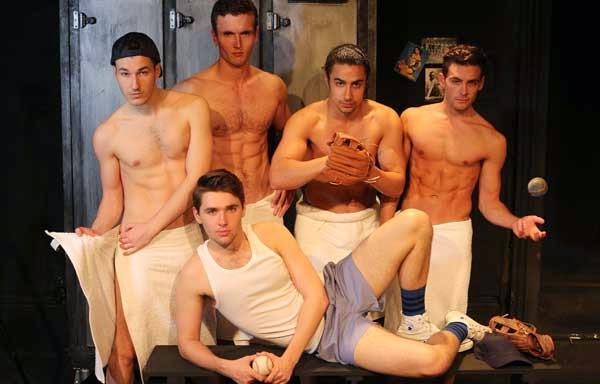Closing night of The Royal Opera's
Robert le Diable was a drawn out affair. An opera that was described to me as
Mildred Pierce meets
The Omen, it could have been half its length if all the repeated phrases were cut. I don't recall ever seeing an audience so restless either who were mostly squirming or fidgeting throughout the four and a half hours of the performance.
Meyerbeer's grand opera was an instant sensation when it first premiered 1831. Full of stuff that packed in the punters - drama, the occult, difficult music - over time it has not aged well.
The story is inspired by a medieval legend of the devil's son. Robert, Duke of Normandy, has travelled to Sicily with the hope of marrying Princess Isabelle. But his companion, Bertram (who turns out to be more than just a friend) leads him astray. Cue chivalry, the occult and some incredibly outrageous French knight costumes that could have come direct from Monty Python and the Holy Grail.
Closing night seemed a struggle for the chorus and orchestra to be together at times, or for the chorus to be heard over the orchestra. The soloists managed to hit all the right notes but it wasn't always a pleasant experience with various needlessly tricky vocal passages throughout the piece. Most of the soloists did not fare well either given the material they had to sing that at times seemed painful for both the singers and the audience. Russian soprano Sofia Fomina - a
late replacement for the role Isabelle - comes off best in this piece in balancing the intensity and dramatic absurdity of it all. She makes her Royal Opera debut here and hopefully she will be seen here again.
The production is often colourful but in an attempt to recreate how it was received in the nineteenth century, the end result looks a little dull and uninspired. Even the famous ballet that features zombie nuns (featured in the above preview) was a let down, particularly given the
full-frontal nudity that the Royal Opera usually serves up.
Ultimately while intriguing to see a piece that has not been staged at the Royal Opera since 1890, over the course of the evening it becomes evident there were good reasons for its long absence, and not just because of
Wagner's campaign against him. If it is revived again it is probably an opera best enjoyed while doing something else, like reading a book or knitting...


